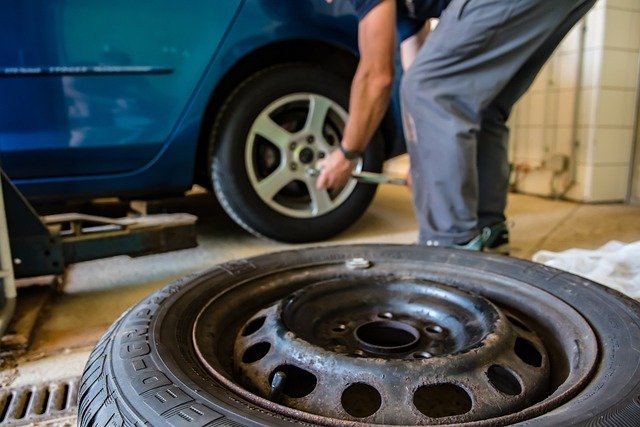Rediscovering the Role of Diesel: A New Age of Efficiency and Performance
Introduction: Diesel technology has been long overshadowed by the rise of electric and hybrid vehicles. Yet, in the midst of an ever-evolving automotive landscape, diesel is making a comeback. This article will throw light on the resurgence of diesel technology, the developments that have made it cleaner and more efficient, and what the future holds for diesel vehicles.

Diesel: A Historical Perspective
Diesel engines have been a part of the automotive landscape since their invention by Rudolf Diesel in the late 19th century. Originally designed to be more efficient than steam engines, diesel engines found widespread use in commercial vehicles due to their power and fuel efficiency. However, their reputation was marred by their association with pollution and noise.
The New Age of Diesel Technology
Recent advancements in diesel technology have turned the tide. Today’s diesel engines are quieter, cleaner, and more efficient than their predecessors. This is largely due to the introduction of advanced emission control technologies like Diesel Particulate Filters (DPFs) and Selective Catalytic Reduction (SCR). These technologies have significantly reduced harmful emissions from diesel engines, making them comparable to their gasoline counterparts in terms of environmental impact.
Current Industry Trends and Insights
Despite the push for electrification, diesel remains a viable option for many vehicle categories, particularly in the commercial sector. The robust torque and fuel efficiency offered by diesel engines make them ideal for heavy-duty applications. Additionally, the increasing availability of biodiesel, a renewable fuel made from organic materials, is opening up new avenues for diesel technology.
The Impact of Diesel Technology
The impact of these advancements in diesel technology is far-reaching. The enhanced performance and efficiency have revitalized the demand for diesel vehicles, particularly in Europe where diesel has historically been popular. Furthermore, the cleaner emission profile of modern diesel engines has helped to mitigate their environmental impact.
However, the resurgence of diesel is not without its challenges. Despite advancements, diesel engines still emit higher levels of nitrogen oxides (NOx) compared to gasoline engines. Moreover, the rise of electric vehicles presents a significant competition.
The Future of Diesel
The future of diesel is likely to be shaped by further advancements in emission control technology and the growth of biodiesel. Despite facing stiff competition from alternative fuel technologies, diesel has proven its resilience and adaptability. As the automotive industry continues to evolve, diesel engines, backed by their efficiency and performance, will continue to play a significant role.
In essence, the resurgence of diesel is a testament to the ever-evolving nature of the automotive industry. It serves as a reminder that while the future may be electric, there is still room for improvement and innovation within traditional technologies. The story of diesel is far from over; it’s merely entering a new, cleaner, and more efficient chapter.




